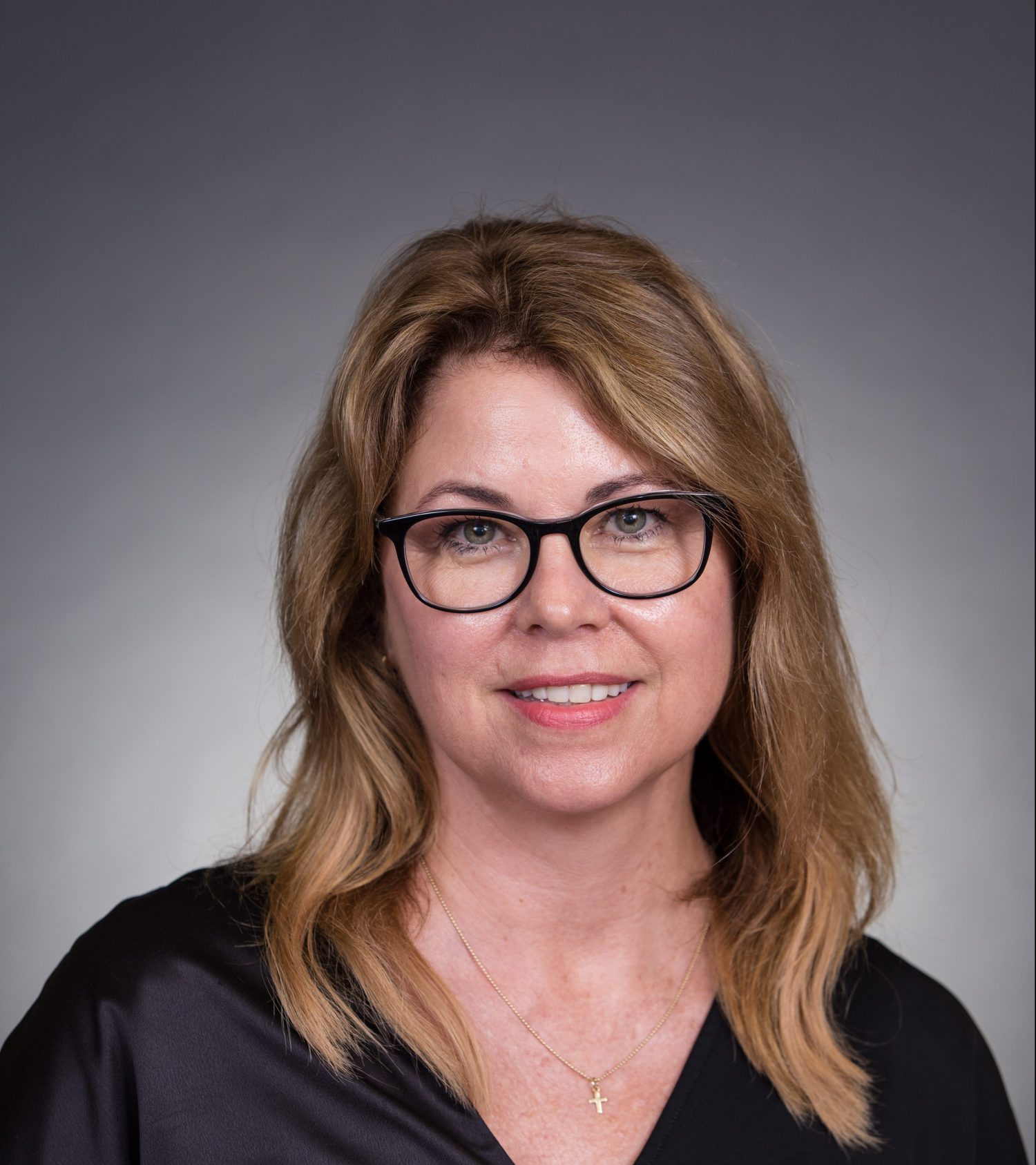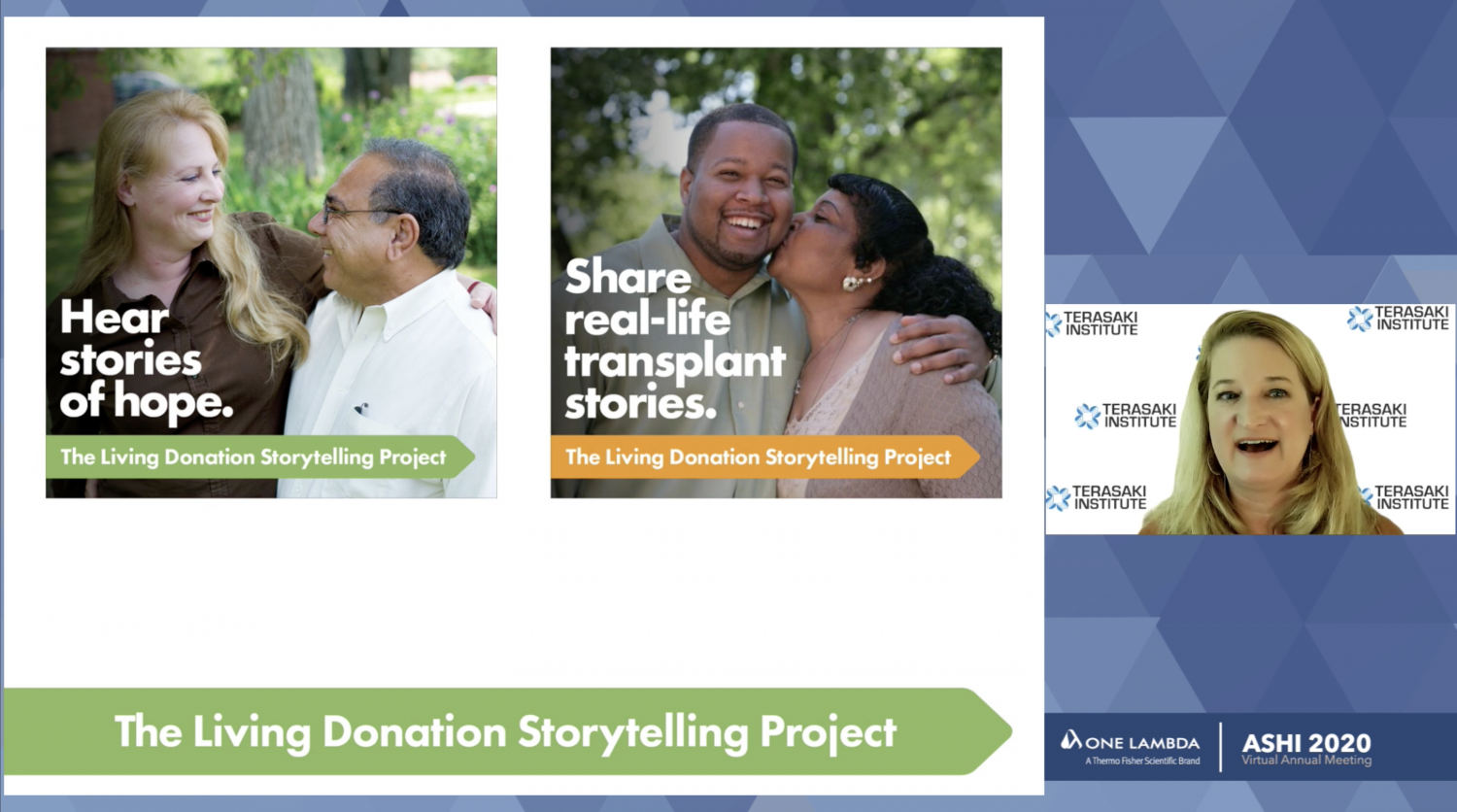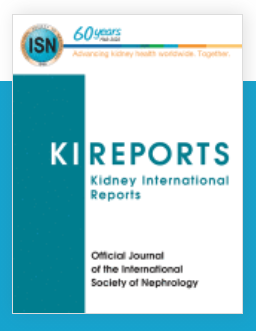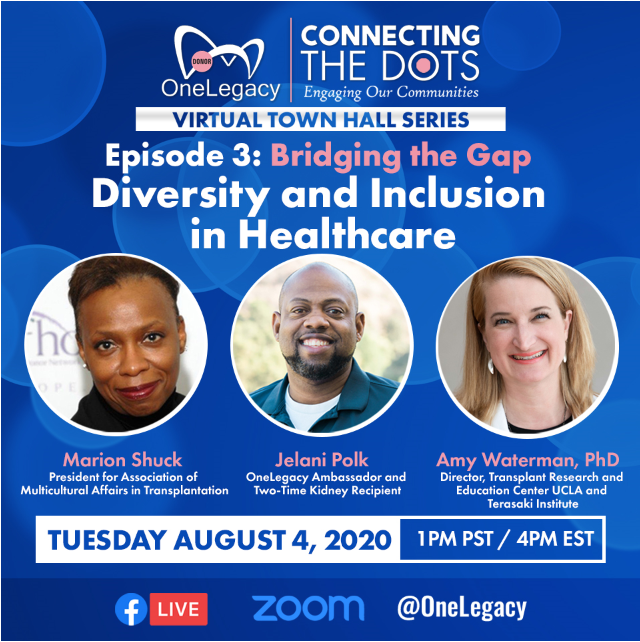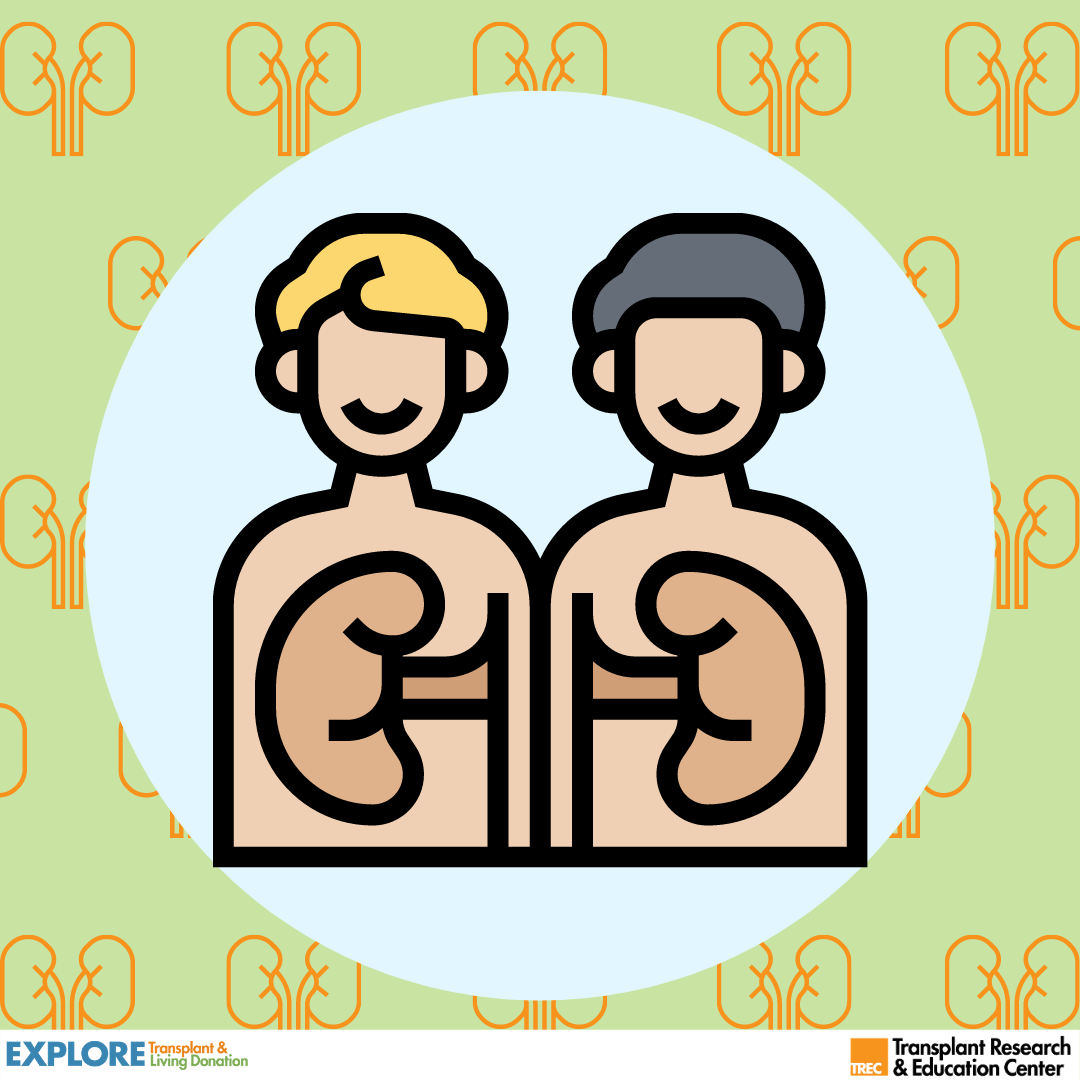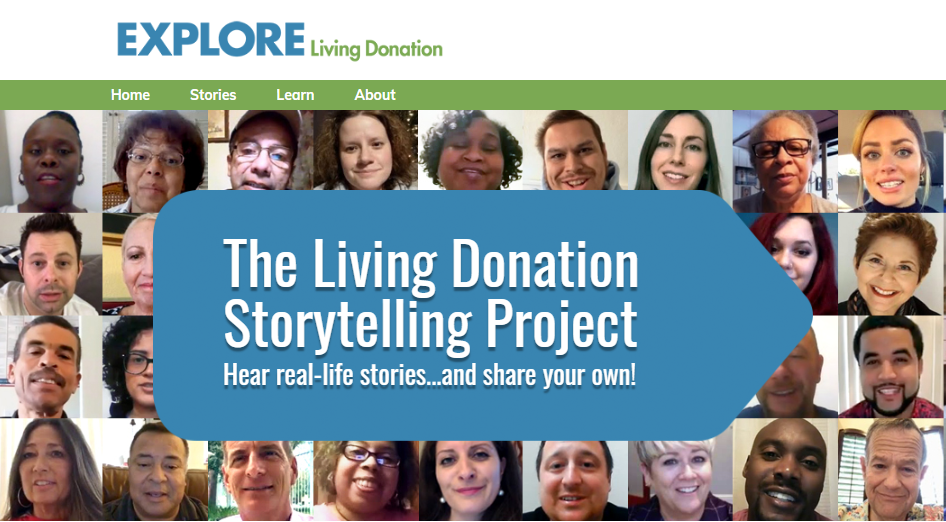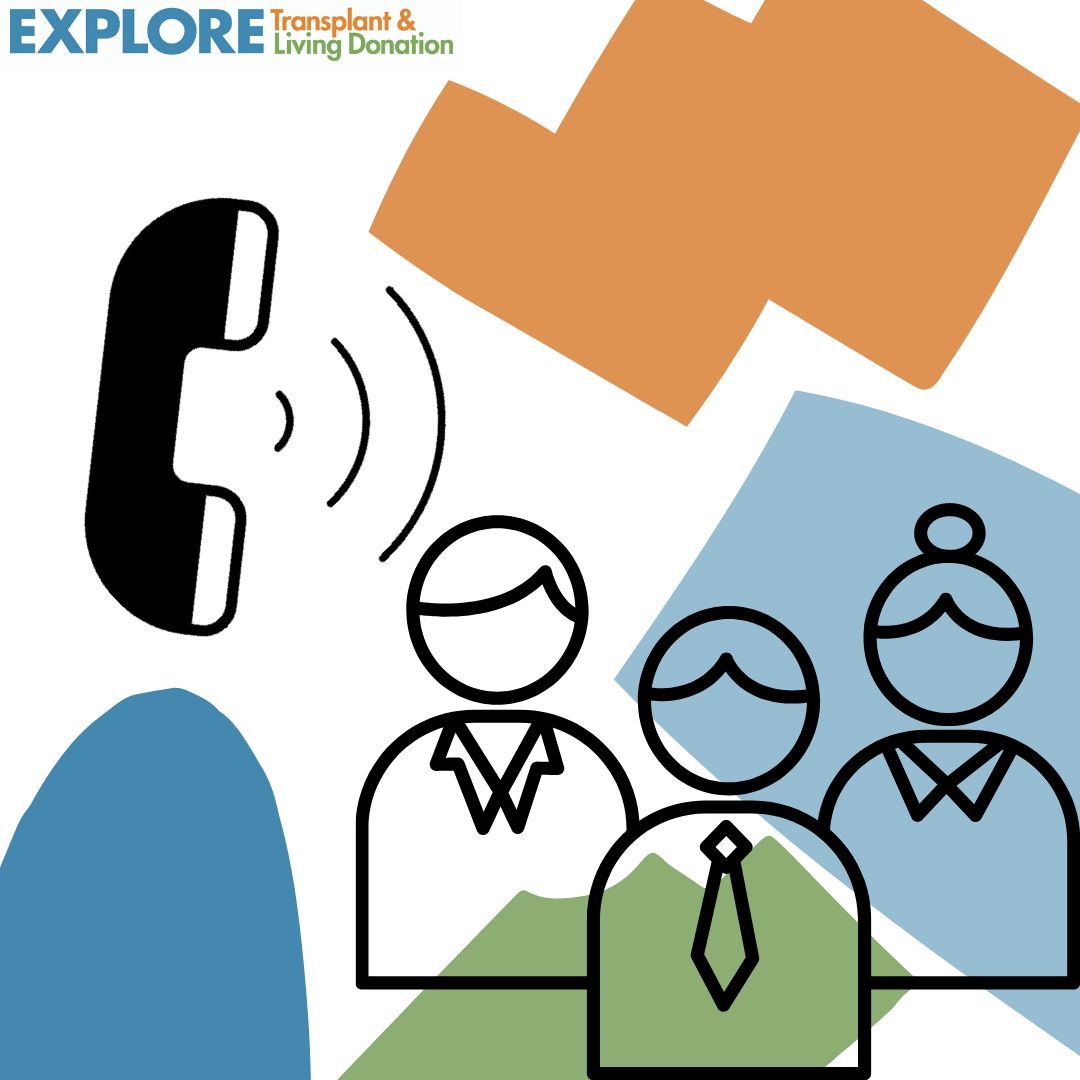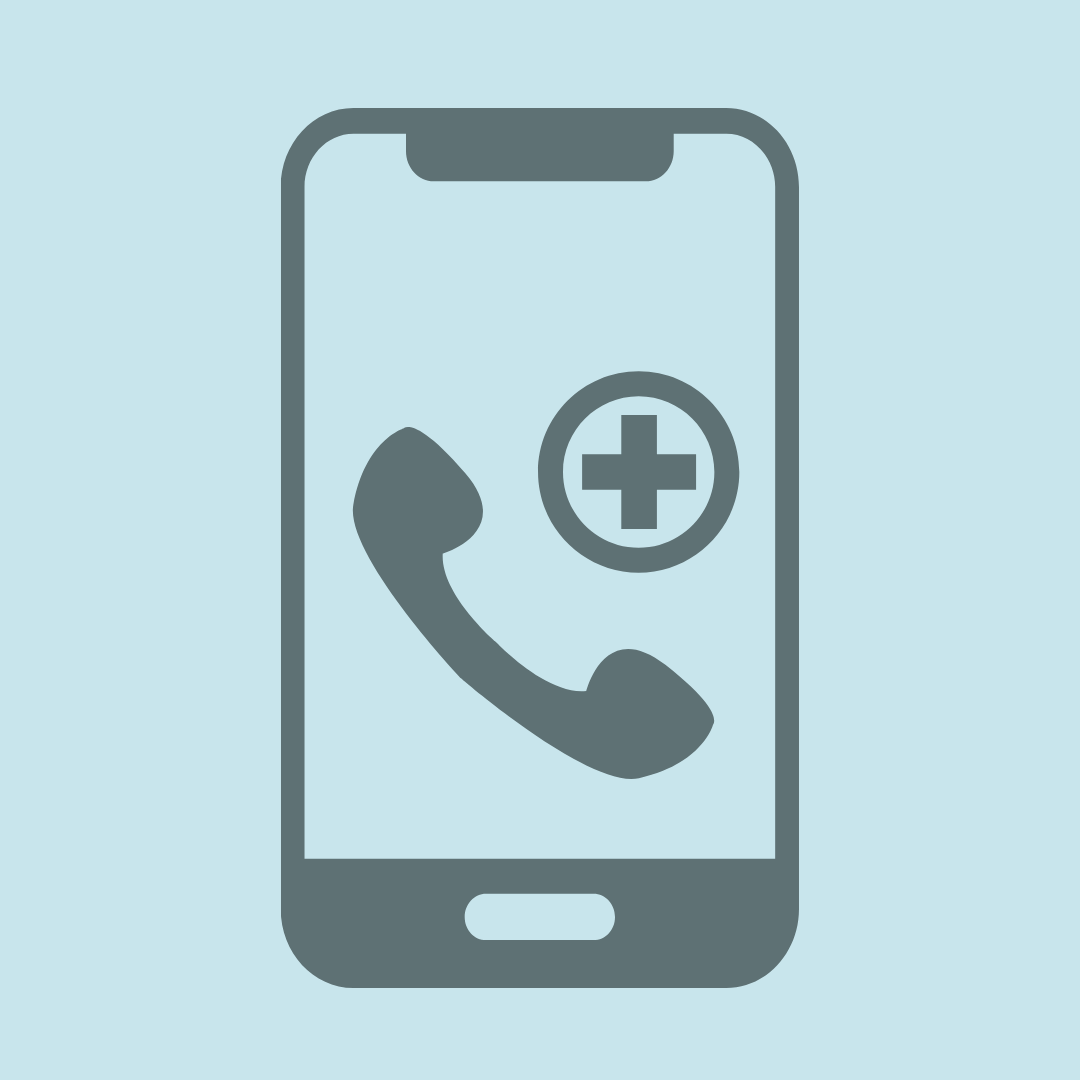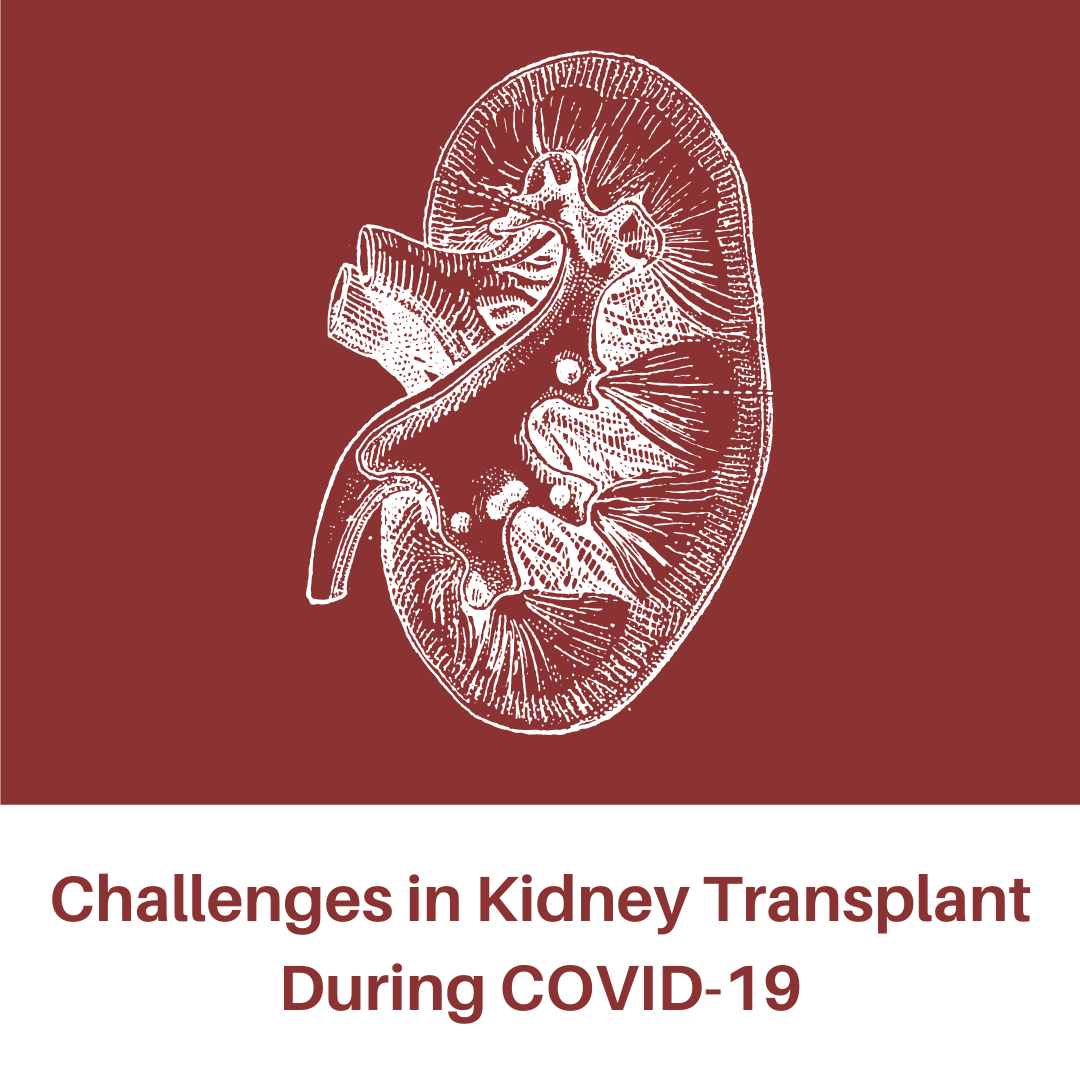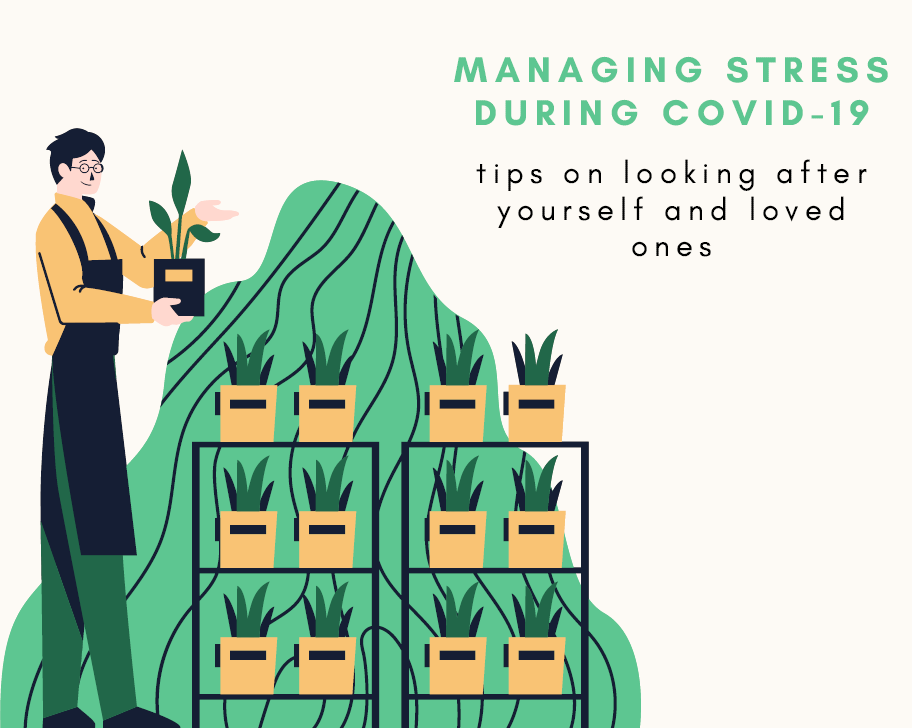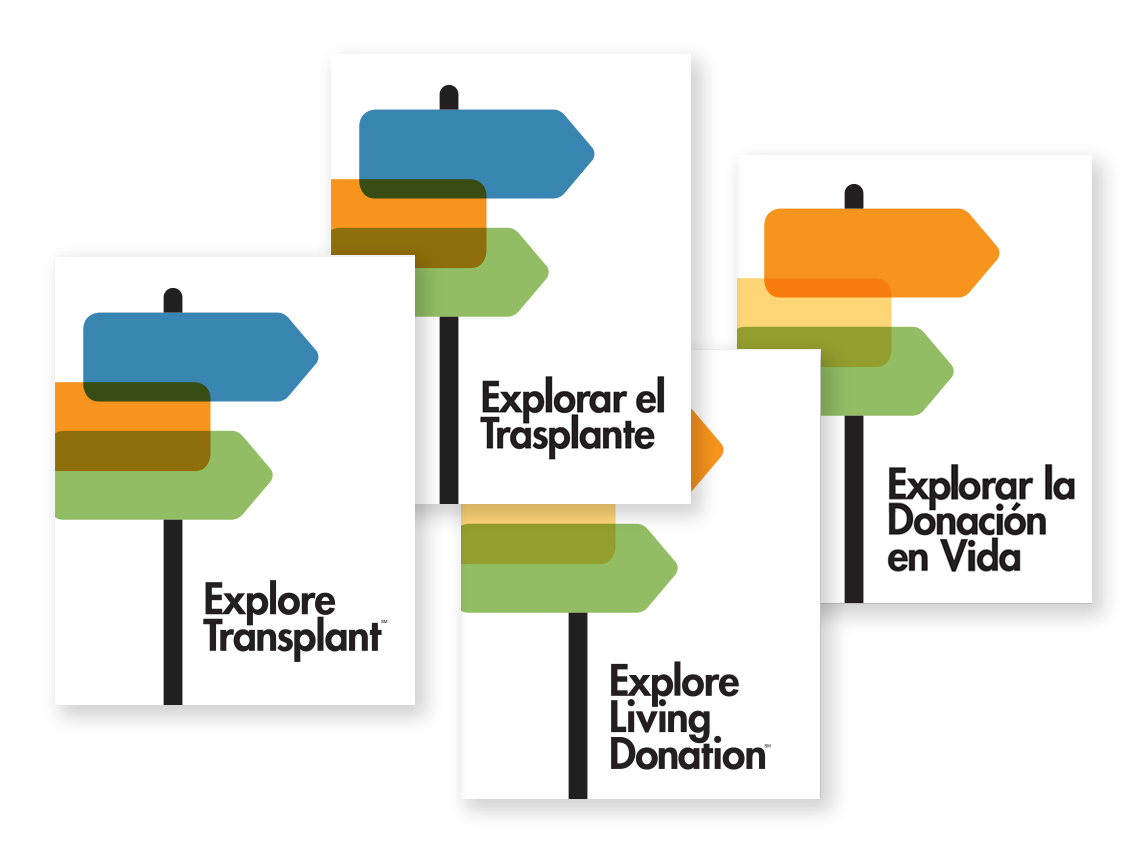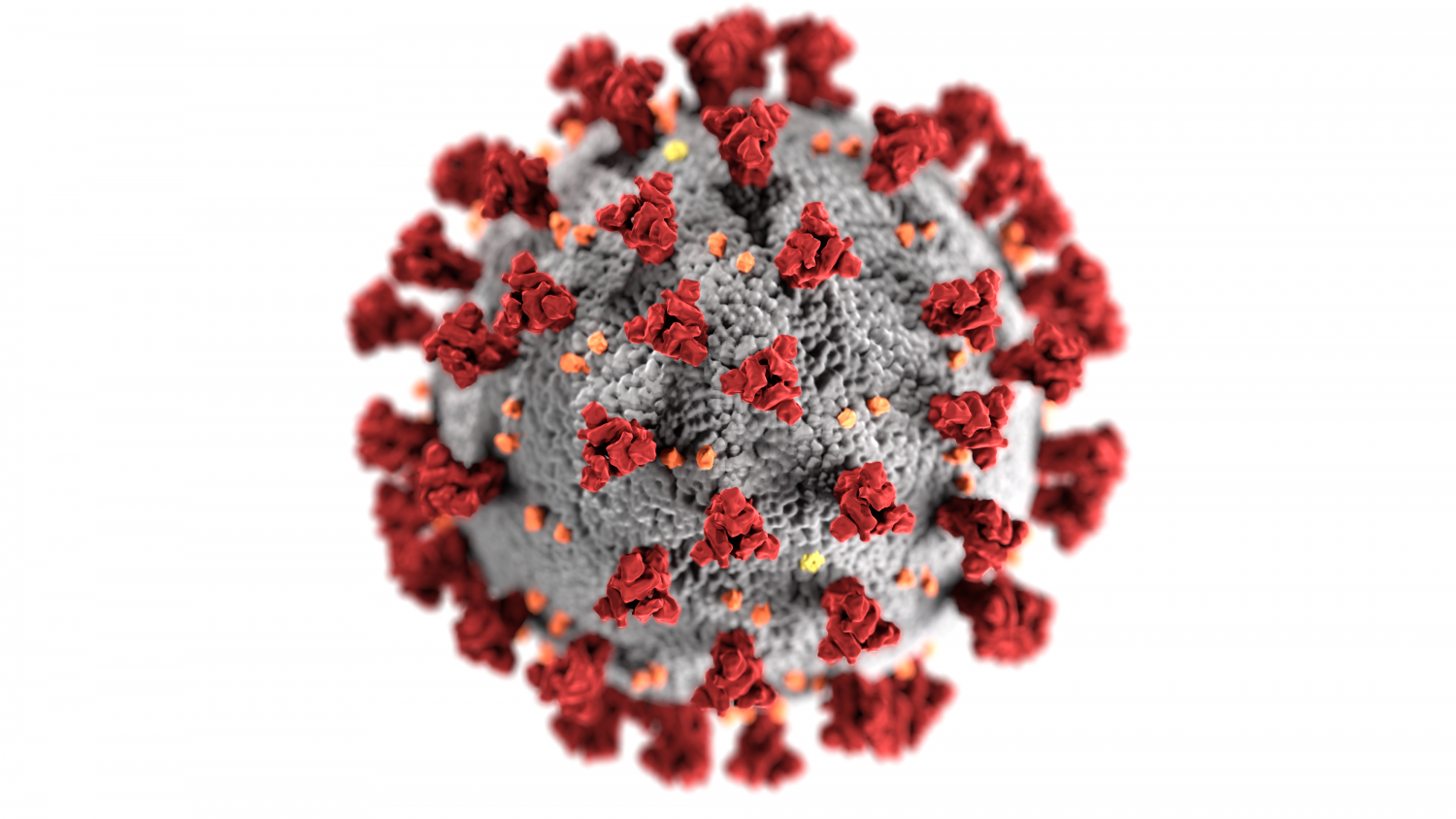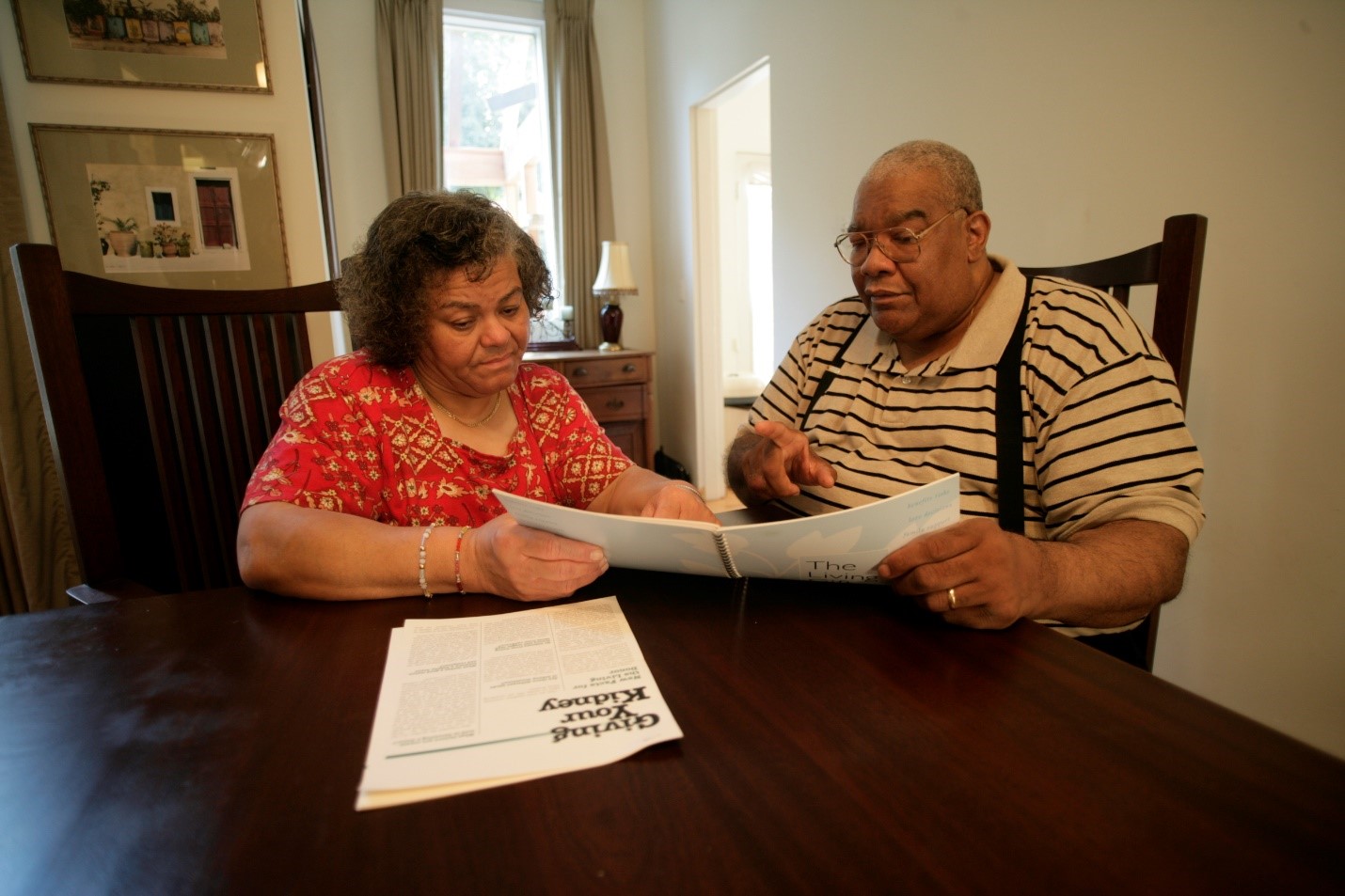By Kimberly Sanchez, Intern In health care, knowledge is power. A knowledgeable patient is able to make informed decisions about their health and wellness. As the Consumer Education Specialist for the UCLA Health, CENTER for Nursing Excellence, Jill Scherrey, MSN, RN, NPD-BC works to provide patients and healthcare consumers the information they want and need for optimal health. A current PhD candidate at the UCLA, School of Nursing, Jill is a pioneer in patient education …
Dr. Waterman shares about the power and science of storytelling
Dr. Amy Waterman, Director of the Transplant Research and Education Center (TREC) and Deputy Director at Terasaki Institute for Biomedical Innovation, has been giving a series of talks about storytelling as an innovative educational tool for kidney and transplant patients at conferences geared to the medical and research community, as well as to patients and donor advocates. As the year draws to a close, Dr. Waterman will have presented to more than 1,000 providers in …
Television and medicine: patients, donors, and medical professionals respond to new CBS sitcom about living donation
By Erica Ho, Research & Education Associate On November 5th, five million people watched the premiere of a new CBS show about living donation! “B Positive” is a new comedy sitcom following one man’s living donation journey. Drew, a therapist, and single dad, is shocked to find out his kidneys are failing and he’s in urgent need of a transplant. With a rare blood type and lacking friends or family to ask to be his …
Important takeaways from the American Association of Kidney Patients annual patient meeting
By Erica Ho, Research and Education Associate On September 11, I attended Day 1 of the American Association of Kidney Patients (AAKP) National Patient Meeting. AAKP is the oldest and largest kidney patient organization in the United States and its mission is to improve the lives of kidney patients through education, advocacy, and community engagement. The National Patient Meeting is an annual event where members of the kidney community can access the latest news and …
Policy change to overcome disparities in kidney transplantation
By Alice Yang, Intern Implementing policy changes to improve access to kidney transplants and overcome disparities is an important first step in reaching these goals, but it is not enough. Three major policy changes have aimed at improving end-stage kidney disease outcomes and increasing access to transplants. These include the kidney allocation system (KAS) in 2014, the Advancing American Kidney Health Initiative in 2019, and finally, new changes implemented by the Centers for Medicare and …
Meet a TREC fellow: an interview with Dr. Terri Menser
At TREC, we have assembled a new group of researchers working in transplantation called the TREC Fellows. Over the next few weeks, we will introduce you to each one by summarizing an interview with them conducted by different staff members in the lab. This week, we will learn about Terri Menser and her experience with kidney transplantation research. Interviewer and author: Katia Dahmani, Intern At Houston Methodist, Menser is conducting transplantation research focused on further …
Dr. Amy Waterman’s participation in a OneLegacy virtual town hall
By Erica Ho, Research Associate On Wednesday, August 4, Dr. Amy Waterman was invited to speak at OneLegacy’s monthly Connecting the Dots Virtual Town Hall. OneLegacy is an organization dedicated to helping people navigate organ, eye, and tissue donations by offering coordination and support services. The topic for this discussion, in accordance with National Minority Donor Awareness Month, was improving diversity and inclusion in healthcare to spread awareness about organ donation among minority groups. Dr. …
The importance of tailored education to address transplant disparities
By Annika Pearson, Guest TREC Communication Writer A recent study titled, “Ethnic background is associated with no live kidney donor identified at the time of first transplant assessment—an opportunity missed? A single-center retrospective cohort study”, suggests that people from different minority ethnicity groups are not given the same amount or quality of information about their options for managing chronic kidney disease or for renal replacement therapies like transplantation, as others. Research has shown that patients …
A recent TREC publication on the power of a digital library of living donor stories
By Erica Ho, Research Associate There are over 740,000 people in the United States living with end-stage kidney disease (ESKD)1,2, but only around 6500 transplants are performed every year due to a severe shortage in available kidneys2. Problems like limited kidney transplant education and medical mistrust make it difficult for enough donors and recipients to be matched3,4. Storytelling has been proven to be an effective strategy in increasing education and awareness for other health issues …
Surveying Spanish-speaking kidney patients
By Yaquelin Arevalo Iraheta, Junior Research Associate. Using an interpreter is worse than having both the patient and provider speak the same language because it loses the personal and intimate element between both parties. Breaking the language barrier that Spanish-speaking patients face when receiving healthcare can also help them overcome cultural barriers such as mistrust of their provider. One of the research projects going on at the Transplant Research and Education Center (TREC) involves surveying …
New Innovations in Transplantation to Ensure that the Need for Kidneys is Met
By Rachyl Pines, PhD, Postdoctoral Fellow Dr. Waterman and Dr. Pines are the research committee leads for the National Kidney Registry (NKR), a non-profit organization whose mission is to “save and improve the lives of people facing kidney failure by increasing the quality, speed and number of living donor transplants in the world as well as protecting all living kidney donors.” Learn more about this organization by clicking here. The NKR has been a leader …
Announcing the launch of the Listening & Resource Center (KTLRC) & bilingual educational guide
By Emily H. Wood, Research Associate The Transplant Research and Education Center (TREC), has launched the COVID-19 Kidney / Transplant Listening & Resource Center (KTLRC). The KTLRC is a toll-free call center that allows patients, their loved ones, and caregivers to connect with our experienced staff to share their questions, concerns, and receive answers, education, and referrals for additional resources. The KTLRC can be reached at: 1-800-830-0484 trec@mednet.ucla.edu We created the KTLRC in direct response …
Recommendations for making transplant education accessible for patients with CKD stages 3-5
By Grace H. Kim, Research Associate The recent publication, “Recommendations for Systematizing Transplant Education Within a Care Delivery System for Patients with Chronic Kidney Disease Stages 3 to 5”1 by Waterman et al., discusses the findings from a telephone survey of 40 kidney patients, 13 support persons, and 10 providers who were asked about barriers to transplant education and their educational preferences. This review highlights the key barriers identified by chronic kidney disease (CKD) and …
Guiding more patients from the dialysis center to the transplant waitlist
By Anne Osuji, Research Associate In “Education Strategies in Dialysis Centers Associated With Increased Transplant Wait-listing Rates,” Dr. Waterman and coauthors explore the many challenges associated with delivering transplant education in dialysis centers and recommend education strategies that are shown to be associated with increasing waitlisting rates. A Need for Effective Education for Dialysis Center Settings There are many barriers to kidney transplant, with challenges reaching and educating prospective recipients being among the most prominent. …
Challenges in Kidney Transplant During COVID-19: ASN updates and solutions
By Grace H. Kim, Research Associate The American Society of Nephrology (ASN) hosted a webinar on April 23rd to update the kidney community about the current status of transplant programs during the ongoing COVID-19 pandemic. While many transplant programs have temporarily ceased surgeries, as of May 1, 2020, forty-nine kidney transplant programs in the United States remain active and are continuing with emergent transplant procedures and surgeries.1 A full listing of active centers can be …
Top 10 ways to reduce stress during COVID-19
By Grace Kim, Research Associate The recent COVID-19 outbreak has brought many small- and large-scale changes to daily life. Many of us are facing altered routines, increasing financial pressures, and social isolation,1 all of which have the potential to increase stress and anxiety.2 Most of us carry fears about getting COVID-19 and the uncertainty of how it could affect us and the people we love socially and economically. Although social distancing is one of the …
ET @Home improves decision-making for black & low-income patients
By Anne Osuji, Research Associate & Jessica Nunez, Intern Access to Transplant Education is Unequal There are more than 700,000 Americans with kidneys that can no longer support the needs of the body to remove waste and excess fluid; they have End-Stage Kidney Disease (ESKD).1 Patients with ESKD must either receive frequent dialysis or receive a kidney transplant from a deceased or living donor in order to stay alive. Because waiting for a kidney from …
Resources to help you prepare for COVID-19
Updated 3.19.20 With the number of confirmed cases of COVID-19 (Coronavirus) continuing to rise across the country and the globe, kidney patients, transplant recipients, and living donors may be wondering what steps they can take to be prepared and to try to stay well. We’ve put together a list of resources that you can consult to prepare and stay up to date on the COVID-19 situation. If you have questions, you should reach out to …
Paired exchange programs offer expanded donor protections to address critical disincentives to living donation
By Lizbeth Alvarez, Research Associate In the recent article, looking at “Removing Disincentives to Kidney Donation: A Quantitative Analysis” 1 McCormick et al., highlight the widespread agreement among researchers, physicians, and policy makers that removing financial disincentives to living kidney donation would increase the number of donors and be a fairer process. The article identified seven disincentives that living donors face, including: Cost of travel and lodging at a transplant center Loss of income due …
Expanding Medicare coverage for immunosuppressive drugs will save lives and money
By TREC Staff The recently introduced Comprehensive Immunosuppressive Drug Coverage for Kidney Transplant Patients Act (H.R. 5534) seeks to expand current Medicare coverage for the immunosuppressive drugs that allow transplant recipients to live. These drugs are currently covered for just 36 months post-transplant, despite the lifelong drug regimen required by transplant patients to prevent organ rejection and death. The bill was introduced last year by Reps. Ron Kind (D-Wis.) and Michael Burgess (D-Texas), and has …

